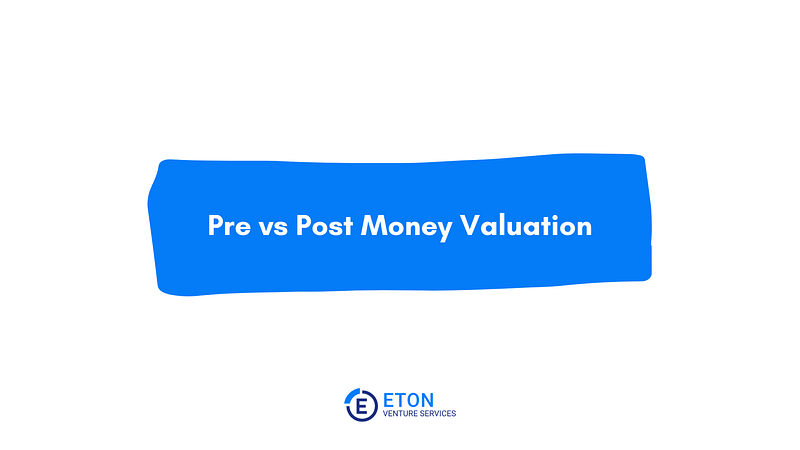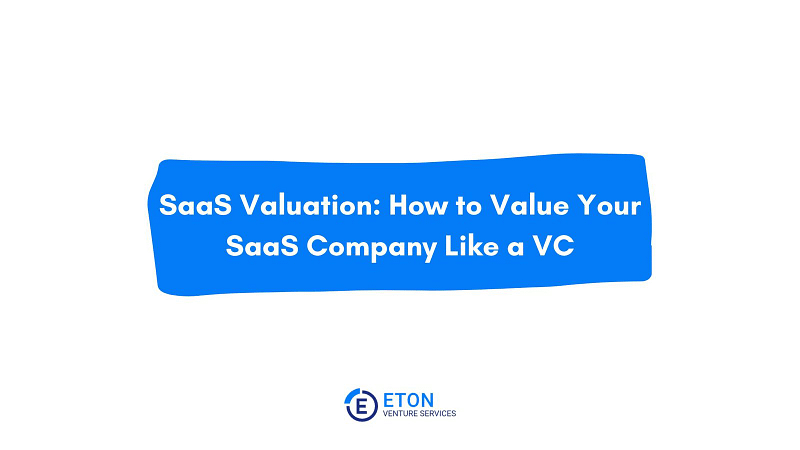Estate of Powell v. Commissioner: Rethinking Gift Tax Valuation Methods
The recent Tax Court ruling in the estate and gift tax case, Estate of Powell v. Commissioner, introduced a novel approach to address the double inclusion problem in valuation. The court sided with the Internal Revenue Service (IRS) and ruled that the value of assets transferred from the decedent to a family limited partnership (FLP) was includible in the value of the decedent’s gross estate. The case, however, is noteworthy not just for its outcome but for the way it reshapes valuation methods in estate and gift tax cases.
Background of the Powell Case: A Shift in Gift Tax Valuation Dynamics
Unconventional Asset Transfers and Legal Implications for Gift Tax Valuations
In the Powell case, the decedent’s cash and securities worth $10 million were transferred to an FLP one day after being declared incapacitated. Her son, acting as trustee, transferred the assets to the FLP in exchange for a 99% limited partner (LP) interest. That same day, under a power of attorney, the son transferred the decedent’s 99% LP interest to a charitable lead annuity trust. The decedent died a week after the transactions, and there were no business operations.
Tax Court’s Innovative Approach in Gift Tax Valuation
Navigating the Double Inclusion Problem in Gift Tax Valuation
Under section 2036(a)(2) of the Internal Revenue Code, the transferred assets were included in the decedent’s gross estate because the decedent, acting with her sons, had the ability to dissolve the partnership and designate the beneficiary of the transferred property or the income from it. In response to concerns over double inclusion, the court’s majority proposed a new method to calculate the includible amount. They invoked section 2043(a) to limit the amount includible under section 2036(a) and held that only the excess of the value of the transferred assets over the value of the partnership interest issued in return should be included in the gross estate.
The Internal Debate: Traditional vs. Novel Gift Tax Valuation Theories
The majority’s approach to valuation and double inclusion sparked opposition from within the court, with several judges agreeing with the case’s result but not the inclusion theory. One judge voiced concerns that the majority’s theory was unnecessary and possibly incorrect, as the traditional approach to valuation would have simply included the value of the property before the transfer, disregarding the transfer with a string. The majority’s decision in the Powell case is noteworthy as it introduced a novel theory of calculating the includible amount, ostensibly to prevent double inclusion, even though neither party had advocated for it.
Impact on Valuation Firms and Future Gift Tax Valuation Cases
The Importance of Adapting to New Valuation Standards
For valuation experts, the implications of the Powell case are significant. The Tax Court’s novel approach to valuation and double inclusion could reshape how estate and gift tax cases are handled in the future. It is essential for valuation experts to stay informed on these developments and adapt their methodologies to comply with new legal interpretations. The Powell case highlights the importance of expert guidance and rigorous analysis in navigating the complexities of estate and gift tax valuation, especially as the legal landscape evolves.
Eton Venture Services: Expertise in Navigating Gift Tax Valuation Changes
At Eton Venture Services, our team of dedicated professionals is committed to upholding the highest standards of integrity, objectivity, and independence. With our extensive experience and expertise in valuation methodologies, we can help you navigate even the most complex estate and gift tax valuation.
In light of the Powell case and potential future developments, partnering with a valuation firm like Eton Venture Services is more critical than ever. By staying up-to-date with the latest legal interpretations and adjusting valuation methodologies accordingly, we can help you avoid costly legal battles and reputational damage.
Contact Eton today to learn more about our estate and gift tax valuation services and how our expertise in the latest legal developments, such as the Powell case, can help you navigate the complexities of estate and gift tax cases. Secure your estate’s future with the trusted guidance of Eton Venture Services.
See Estate of Powell v. Commissioner, 2017 U.S. Tax Ct. LEXIS 19 (May 18, 2017).








